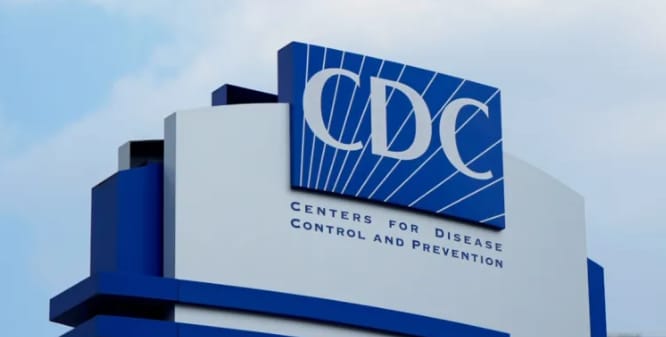- The Supper
- Posts
- 🩺 CDC Panel Launches New Review of Childhood Vaccine Schedule
🩺 CDC Panel Launches New Review of Childhood Vaccine Schedule
New Review of Childhood Vaccine

Washington, D.C. — October 2025
The Centers for Disease Control and Prevention (CDC) is initiating a comprehensive review of the childhood immunization schedule, just weeks after voting to delay the combined measles, mumps, rubella (MMR) and chickenpox vaccine.
Join over 4 million Americans who start their day with 1440 – your daily digest for unbiased, fact-centric news. From politics to sports, we cover it all by analyzing over 100 sources. Our concise, 5-minute read lands in your inbox each morning at no cost. Experience news without the noise; let 1440 help you make up your own mind. Sign up now and invite your friends and family to be part of the informed.
According to newly released documents, the CDC’s Advisory Committee on Immunization Practices (ACIP) is forming a Childhood and Adolescent Immunization Schedule Work Group. The group will evaluate current vaccine timing, ingredients, and global practices to inform future CDC recommendations.
“The work group has been established to review clinical and scientific data related to childhood and adolescent immunization schedules,” the CDC stated. “Its goal is to develop policy options for ACIP consideration.”
This move follows a major reshuffling of ACIP leadership by Health and Human Services Secretary Robert F. Kennedy Jr., who appointed Retsef Levi—a vocal critic of mRNA COVID-19 vaccines—to lead the committee’s COVID-19 working group. Levi has repeatedly called for halting mRNA vaccine use and accused the CDC of failing to communicate potential risks.
🔍 What the New Work Group Will Examine:
Vaccine timing and sequencing
New immunization technologies and ingredients
Monoclonal antibody administration
Safety of vaccine components like aluminum
International vaccine schedule comparisons
Rising vaccine hesitancy among parents
The identities of the work group’s members and chair remain undisclosed.
Kennedy, a longtime critic of what he calls “excessive childhood vaccinations,” has claimed that children receive up to 92 vaccines from birth to age 18. However, experts like Dr. Pia Pannaraj of the American Academy of Pediatrics estimate the standard number is closer to 33 vaccines, depending on individual health needs.
Kennedy has also promoted theories linking mercury-based preservatives in vaccines to neurological disorders, despite a lack of scientific evidence supporting a causal relationship at current exposure levels.
In September, ACIP made several key decisions:
Delayed the combined MMR and chickenpox vaccine
Postponed a vote on the Hepatitis B vaccine
Replaced COVID-19 vaccine guidance with individual-based decision-making
As the CDC reevaluates its immunization strategy, the intersection of science, public trust, and political influence continues to shape the future of vaccine policy in the U.S.


Reply